I’m thankful I’ve lived long enough to know the beauty of forgiveness. I remember the first time I wrote down a forgiveness list. It was December 27, 2016. I had decided to do a 5 Days of Forgiveness Challenge with one of my teachers, Panya Walker.
The first assignment was to forgive myself and I remember thinking “what do I possibly have to forgive myself for”? In that moment, I had forgotten about all of the shoulds and should’ves I had accepted and lived through, all of the compromising and surrendering of myself that I’d done in the name of love, the many times and ways I had put someone else’s needs, priorities and truth above and before my own.
Two pages later, I was acutely aware of the fact that I not only had things I needed to forgive myself for, but that a lot of these grievances had hidden deeply within me and had secretly shaped parts of my life. Seeking to heal, I embarked on the 5 Days of Forgiveness Challenge only to quickly discover how difficult forgiveness is.
The truth is many of us – me included – have beliefs about forgiveness that are unloving, unkind and self-injurious. We see the act of forgiveness as a negation of our hurt, an abandonment of our anger, our resentment. A denial of our pain and a surrendering of our rights. A betrayal of sorts, rather than a casting out, a decision not to carry, and a choice to heal. Forgiveness then in our minds becomes another abuse and an injustice as opposed to a gesture of self-love. We believe that by forgiving we are giving the perpetrator a pass, saying in essence what you did is ok. Forgiveness is not this.
Both personally and professionally, I’ve heard statements like, “why should I forgive”, “he doesn’t deserve my forgiveness” and “I’d rather die than forgive what he did to me”. I’ve even heard many proclaim that they would “never” forgive all the while continuing to live with and suffer through the pain and loss of life from holding on to things they could let go of.
What forgiveness provides is a clearing, space so to speak, potential. Forgiveness is a decision to not carry someone else’s stuff, a commitment to freedom, a purge, a release. It is a statement of a desire to live wholly and unfragmented. It is an affirmation of the value of how you feel.
What the challenge and life has taught me is that it takes much more energy to carry something we don’t want then it does to let it go. Its also taught me that forgiveness requires both courage and commitment…that forgiveness is a process. That forgiveness like many other things is essential on the path of healing.
What do you need to forgive?


